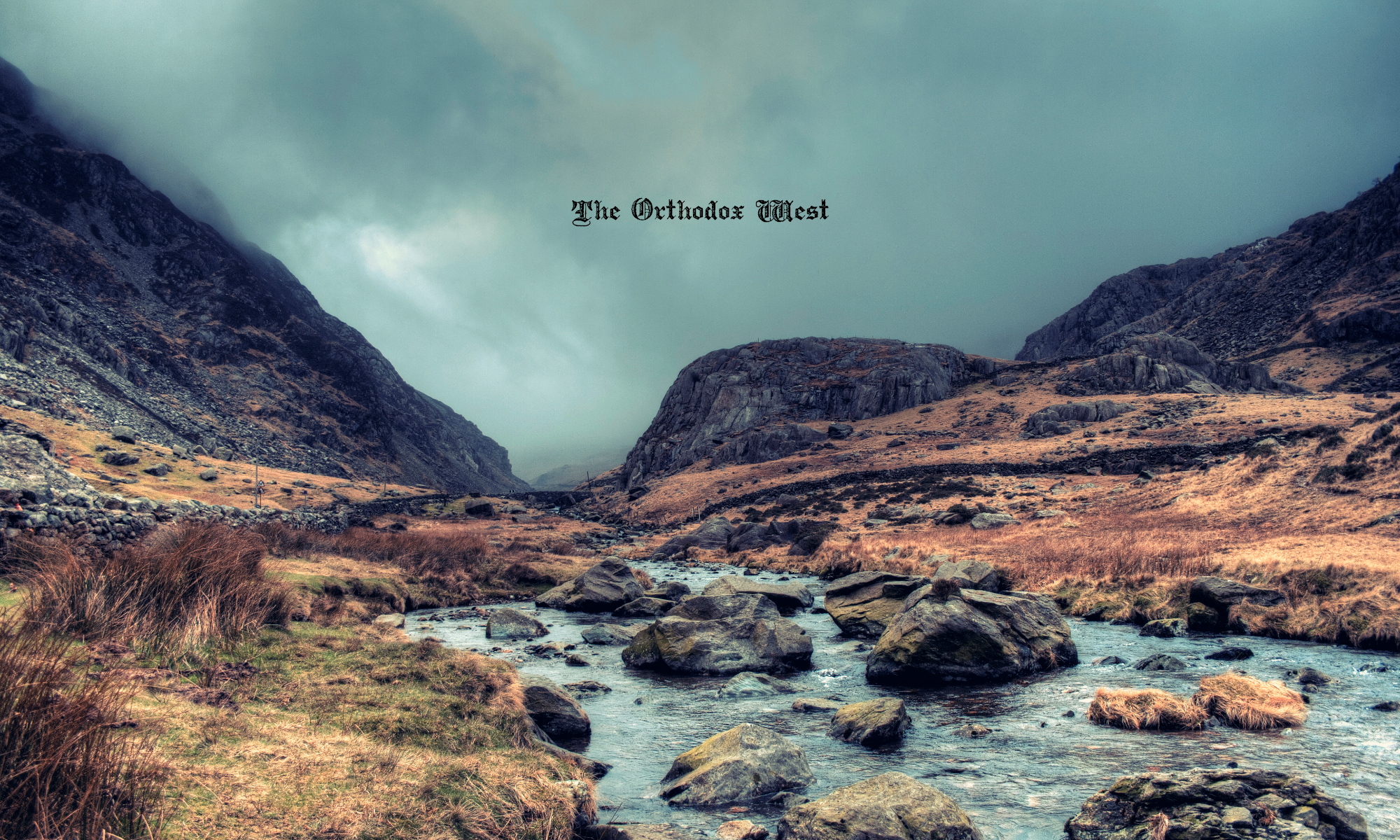Proverbs 8 speaks of the Wisdom of God – the excellency, nature, power, riches and eternity of Wisdom. It is something to be desired above all else. And we know that the wisdom of God is generally opposed to what men call wisdom. St. Paul waxes eloquently about this in 1st Corinthians 1:19-25 and 2:6-10. How is this wisdom acquired? How do we enter into this wisdom? This is the theme of Romans 12…
The first thing St. Paul exhorts us to do is to present our bodies as “a living sacrifice, holy, acceptable unto God, which is your reasonable service.” This is not so much an act of submission as it is an act of humility. We present ourselves to God to be broken, to be emptied of pride and anything we might think of as our own wisdom, that we might be fashioned into something new, a creature filled with the Spirit and Wisdom of God. And then, lest we lose what He has gracefully given, we are to walk forth into this world as new creatures. Not conformed to this world but transformed by the renewing of our nous; that mysterious part of us deep within which is to be brought back into the heart by prayer.
The problem with our nous, though, is that it has wandered from its proper place, lost to us as it attaches itself to the things we give our attention to.
Those may be neutral things, morally speaking, or they may be degrading, things which further darken the nous and make it ever more elusive to us. Instead of concentrating on God and His wisdom, it then partakes of the opinions of the world, the shifting, relativistic, anti-Christ opinions of an atheistic materialistic world which then influences the very depths of our being with its temptations to doubt the truth of God, the royal road of sanctity which is given to us in His Church.
To renew the nous, to find it and return it to the heart, there to dwell on the holy things of God, is the only way we then prove to the world what is that good and acceptable and perfect will of God. It is a sacrifice, to be sure, for we must sacrifice the fallen knowledge we have imbibed and begun to trust, in the sure and holy wisdom of God.
It is so easy to be persuaded by our peers, by the media, by the government schools, by academia, by politicians, by all the tools the enemy has at his disposal to cause us to doubt the ways of God and think we know better.
Easy to be persuaded that life is not sacred from the moment of conception to its last natural breath, and should be protected rather than disposed of or manipulated. Easy to be persuaded that marriage is something other than the sacred union of one man and one woman. Easy to be persuaded that sexual intimacy is nothing more than recreation, to be enjoyed as we would anything else that might give us momentary pleasure, rather than a holy intimacy proscribed for all but couples in the covenant of marriage.
The Church has always stood very clearly on such issues, and will continue to do so – not out of some sense of moral superiority, but because she seeks the wholeness and salvation of her members, and takes her guidance from her Head, and in accord with what will promote the health and holiness of her children. These things come to her from the word and wisdom of God, and will not be altered simply because modernity has rejected them.
One can say these are merely moral issues, but it is not about morality so much as it is about the dignity of humanity. The human who is transformed by the renewing of the nous is one who simply witnesses to the will of God, without judgment, triumphalism or arrogance. It is a primarily silent witness with our lives. That transformation brings with it the humility of the one who does not “think of himself more highly than he ought to think, but thinks soberly according as God has dealt to every man the measure of faith.” In other words, I don’t contend that I know better than centuries’ worth of those who have gone before me who established the Church securely upon the apostolic foundation and have passed on the tradition of the life of the Holy Spirit, choosing often to witness with their blood rather than be conformed to the world. I don’t presume that I know better because I hold the opinions of the 21st century rather than the convictions of a 2000 year-old Body of believers.
It can be a struggle of its own to bear in our very selves the witness and conviction of our forebears. But when the world wants its definition of inclusiveness to encompass things which we know will be excluded in the kingdom of God, we simply cannot accede to its demands. It is why we must support one another daily with prayer and encouragement, knowing that we face a battle each day with the ways of the world, and a battle each day with the world within – our own passions, desires, addictions and foolishness.
As the Body of Christ, we present ourselves to God, our selves, our souls and bodies to be a reasonable, holy and living sacrifice unto Him, that we might receive His gift of life and be transformed by the renewing of our nous, that we might be ever more deeply united to His wisdom, and manifest it amidst the foolishness of the world. A world which often rejects the Gospel of Life in Jesus Christ, and, as He Himself told us, seeks to kill us.

